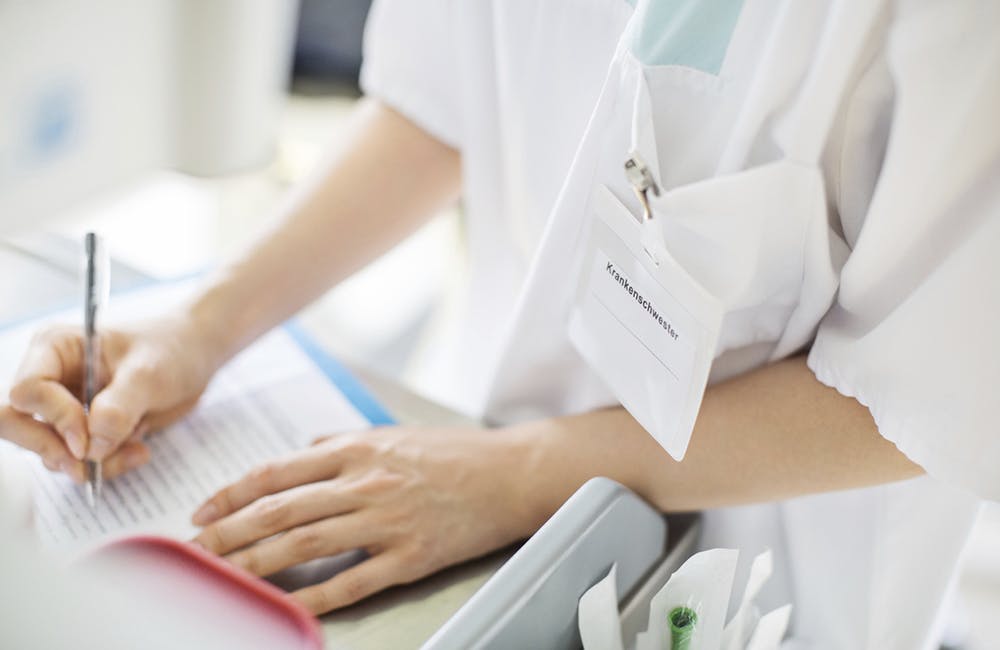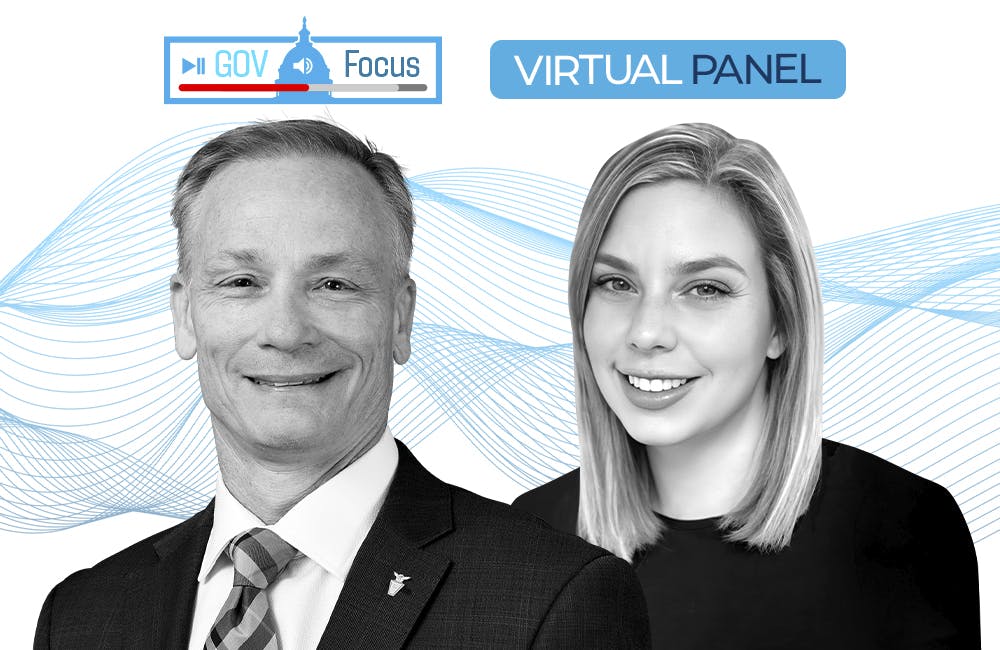CMS is Tackling COVID-19 in Nursing Homes
The agency released new data on COVID-19 cases in nursing homes and tactics that will support infection control.

As public offices and health industry experts stress the importance of data sharing toward improved COVID-19 surveillance and mitigation efforts in high-risk areas, the Department of Health and Human Services has released new data on nursing home infection rates.
Nursing homes have reported more than 60,000 confirmed COVID-19 cases and almost 26,000 deaths as of May 24, after an interim final rule issued May 1 required nursing homes to report COVID-19 information to the Centers for Disease Control and Prevention, said Centers for Medicare and Medicaid Services Administrator Seema Verma in a press call Monday.
The final rule requires providers to submit weekly reports on COVID-19 infections, deaths of residents and staff, and other related data to the CDC’s National Healthcare Safety Network. This is to help inform decision-making on where to direct personal protective equipment and test supplies, as well as for general surveillance of infection cases.
Approximately 80% (or 12,500) nursing homes nationwide have submitted data.
The new data will be available for stakeholders and the public on Nursing Home Compare, a federal website with specific data on Medicare and Medicaid-funded nursing homes, said Verma.
The data is currently limited due to differing reporting methods from providers, though Verma said these discrepancies will change as more data becomes available. That rate of reported COVID-19 inspection data has also varied by date. Colorado, for example, had inspected 100% of its homes, while West Virginia inspected only 11%.
To encourage transparent reporting, the agency will impose civil monetary penalties. Nursing homes that don’t comply with this rule by the end of July may forfeit some funds granted by the Coronavirus Aid, Relief, and Economic Security (CARES) Act.
HHS released $4.9 billion in coronavirus relief funds in late May. Skilled nursing facilities were given a baseline of $50,000 and $2,500 per bed for those with six or more beds.
With the legislation, states will be required to monitor COVID-19 outbreaks in nursing homes with previous cases as well as those with new reports within three to five days of identification using on-site surveys.
The agency will also be providing training and technical assistance to nursing home faculty through its Quality Improvement Organizations and weekly National Infection Control Training to protect against the virus’ spread.
This is a carousel with manually rotating slides. Use Next and Previous buttons to navigate or jump to a slide with the slide dots
-

HHS Budgets for New Office Amid Big Health Tech Overhaul
The agency is prioritizing private sector innovation in its plans to modernize health care interoperability and the digital market.
5m read -

Top Federal Officials to be Honored at GovCIO Media & Research’s Health IT Summit
The finalists for the Health IT Flywheel Awards have been announced for the September 23, 2025 Summit in Rockville, Maryland.
7m read -

Modernizing Critical Infrastructure in the Face of Global Threats
Officials are expanding the latest strategies in boosting defense infrastructure, including securing satellite communications, upgrading enterprise-wide technology, optimizing data management.
28m watch -

Marine Corps Embraces AI for Battlefield Edge in New Implementation Plan
Inaugural implementation plan prioritizes workforce modernization, ethical governance and strategic partnerships to empower Marines.
3m read








